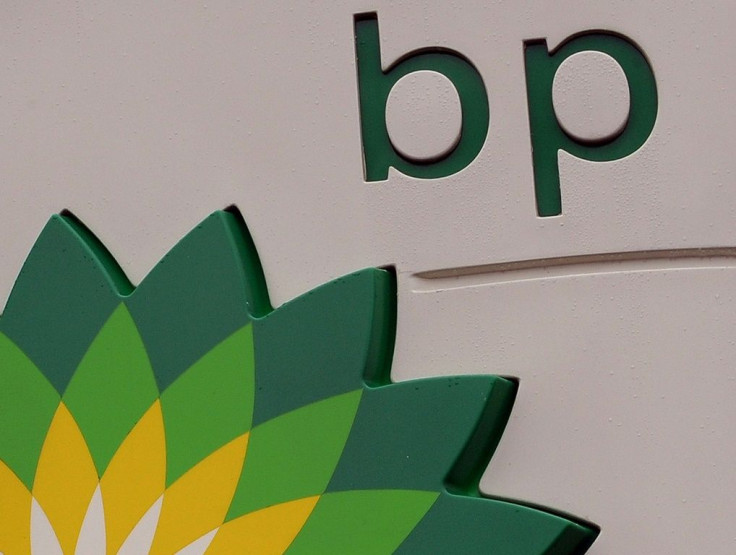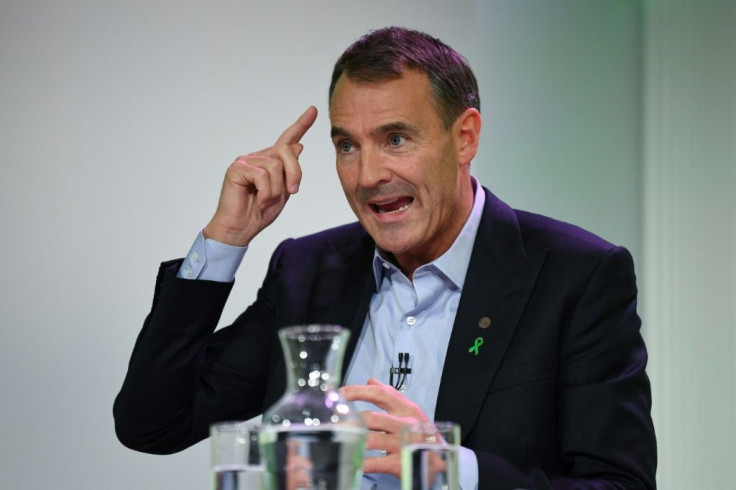BP Targets Net Zero Carbon Emissions By 2050
British energy giant BP, under the leadership of new chief executive Bernard Looney, declared Wednesday its aim to achieve "net zero" carbon emissions by 2050, but faced immediate criticism over the lack of detail on how it planned to hit the target.
"BP is setting out to be a net zero company by 2050 or sooner -- as well as helping the world to get there," Looney said in a key speech, adding the company would undergo a "fundamental" reorganisation to reposition itself for a cleaner future.
The energy major also forecast that its traditional oil and gas production "decline gradually over time", while cleaner energy output would increase, he noted.
After a string of climate-related disasters and protests inspired by Swedish teen activist Greta Thunberg, several countries have announced a climate emergency -- prompting more and more companies to try to curb carbon emissions in line with the Paris agreement goals.
Exactly one week ago, Greenpeace campaigners blockaded BP's London headquarters with solar panels and oil barrels to mark Looney's first day as boss.

"Let me be very clear today that I get it... We need a rapid transition to net zero. Society has got to deliver on the Paris goals," Looney said in his key address.
"I get the frustration and I get the anxiety and I get the anger -- and I get that people want cleaner energy."
Green campaigners were quick to slam BP over the lack of policy detail but he insisted the company was embracing change.
"This is a big moment in BP's history. We are changing," he added in the key address, after it also vowed to slash the carbon intensity of what it sells in half.
"We will still be an energy company but a very different kind of energy company: leaner, faster moving, lower carbon and more valuable.
"On the way we are aiming to earn back the trust of society. We are aiming to be valued by shareholders as a force for good as well as a provider of competitive returns."
BP already announced earlier on Wednesday that its net zero goal would cover greenhouse gas emissions from its operations worldwide, as well as carbon in the oil and gas that the company produces.

The energy major will seek to ensure that the production of oil and gas does not emit carbon, while it will also start measuring methane emissions at all its gas processing facilities by 2023.
And it vowed to ramp up investment on non-oil and gas business as part of the pledge.
"Today is about a vision; it is about a direction of travel. Every journey has to begin with a destination," said Looney, adding its destination was "a net zero world".
"What I am not going to talk is a lot of detail on the next month or the next year or the next five years," he admitted.
The company ran into immediate criticism over the lack of specific commitments.
Teresa Anderson, climate policy coordinator at ActionAid, told AFP that BP's announcement was a textbook illustration of how easy it is for companies to use vague "net zero targets to make claims of going green, while continuing business as usual".
She said BP had not provided a detailed plan on how it would offset its emissions from oil and gas, nor had it announced short-term reductions targets to keep it in line with what science says is needed to avoid runaway global warming.
"To meet the Paris Agreement goal of limiting global warming to 1.5 degrees centigrade, we need polluters to actually ditch fossil fuels, cut emissions, and get us on track for 'real' zero," she said.
Charlie Kronick, a climate advisor at Greenpeace UK, added that BP's announcement left "urgent questions unanswered."
"How will they reach net zero? Will it be through offsetting?
"What is the scale and schedule for the renewables investment they barely mention? And what are they going to do this decade, when the battle to protect our climate will be won or lost."
Irish national Looney last week succeeded American Bob Dudley, whose ten-year stint as chief executive included the fallout from the 2010 Gulf of Mexico oil spill disaster -- the biggest environmental catastrophe in US history.
"Ten years on we are a safer, stronger and more disciplined company," Looney added Wednesday.
© Copyright AFP 2024. All rights reserved.











